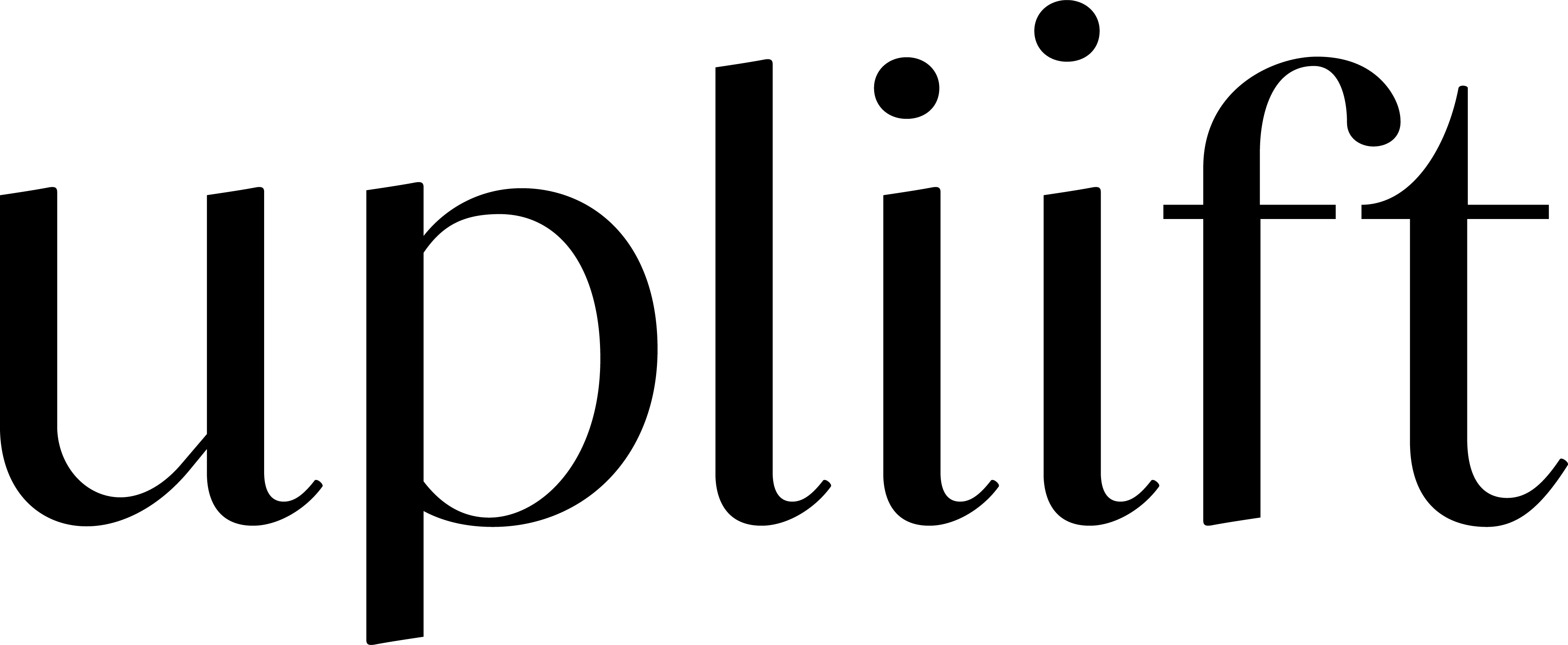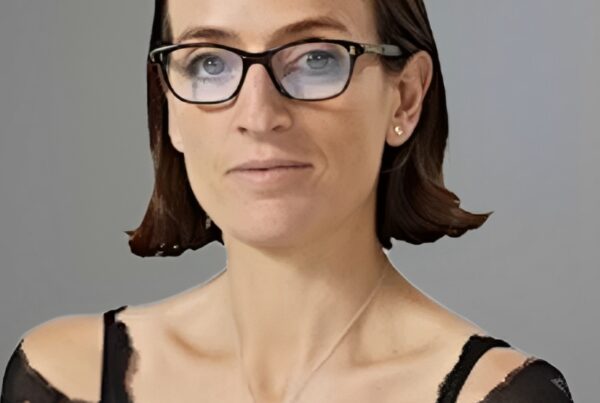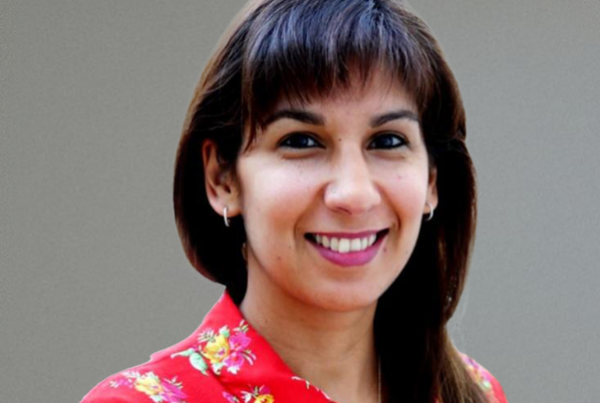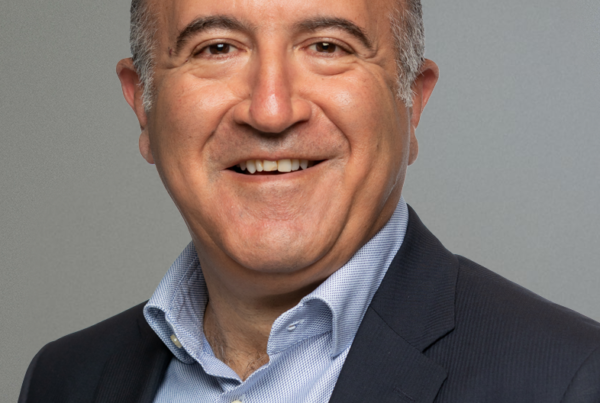Alex Myers talks about his journey into software funding for the longer term and how the company’s permanent equity model is designed to meet the needs of founders of niche software businesses across Europe.
Tell us about your background
As a management consultant early in my career, I tried out lots of different things, from government and hospital systems to food and beverage companies. I even went to Ethiopia for the World Food Programme. This variety gave me the opportunity to work at the intersection between private equity and software, which I found exhilarating and impact driven. I knew it was the direction I wanted to take my career in. And that’s what I did for the next decade or so, joining the executive teams of various private equity-backed software companies.
Over time, I gravitated from positions in strategy and transformation towards the role of chief product officer. As a CPO, you’re at the centre of what a company does, touching every function and getting out in front of prospects and customers. I could see – and continue to believe this today – that growth and value creation in software companies comes from really aligning the company strategy, product roadmap and how you commercialise the product.
Where did the idea for Upliift come from?
I’d become increasingly dissatisfied with the short term-nature of private equity. I found that I was often being brought into businesses where what was best for the company and what was best for the investors were misaligned. For example, if the investors wanted to achieve their own exit in two or three years, this would mean we couldn’t invest for the long term or invest in doing the right things for the company. So, I began to look for a different way to apply my knowledge, skills and interest in software. I wanted to partner with software companies and founders who had built great companies over time. I wanted to do the right thing for them for the long term, rather than sub optimise because we were working to a two- or three-year deadline.
My co-founder Michael Hammerstrӧm came to the same conclusion but via a different route. He’d been working in the permanent equity space for a decade or so and had achieved great success with Constellation Software, a big and successful company with a great reputation. Constellation focused on pay-back for investors within three or four years, but Michael felt there was an opportunity to focus more on the long term with higher quality, higher growth businesses versus those he was historically able to interact and transact with.
Ultimately, we’re focused on working with founders of high quality, stable businesses that have been built up over the course of decades, typically with revenues between €1 million to €25 million. Our value proposition to those founders is to enable a change of ownership and to give support for growth over the coming years.
Why offer owners a new way of doing things?
Our ‘new way’ is about enabling the sustained success of these companies, as well as some accelerated success. At the same time, we’re offering the founders and shareholders a way to unlock some value and take a slightly different role in the next chapter of their lives. They don’t want to wait a couple of years for this because it’s something that matters right now, which puts us in a different space to the big private equity investors.
When you look at the European software industry it’s very much a pyramid. At the top is a small number of well-known companies that have always been well served from an investor and support perspective. Then, at the lower end of the pyramid there’s a much bigger base of smaller, niche software companies that largely fly under the radar. They might not be as glamorous or as influential as their bigger brethren where the private equity investment typically sits, but these companies really underpin and drive the European economy at large. They touch all walks of life, supporting many different industries, and often operating in highly mission-critical ways.
What type of businesses are these companies?
First of all, let me say what they’re not. They’re not the big companies at the top of the pyramid from which private equity investors want to drive three- or four-times multiples on capital after leverage. Nor are they the smaller start-up types with large, addressable target markets, for which it is relatively straightforward to attract venture capital investment. Rather, they are a large cohort of really high quality, well-established businesses that service niche markets uniquely well. They have built up their product and expertise over many years and, historically, there haven’t been any good investment options for them. That’s where Upliift and our permanent equity model comes in as we set out to address this gap.
What is permanent equity and how does Upliift utilise it?
As its name suggests, permanent equity is centred around the idea that we buy and hold companies for the very long term. In fact, we distance ourselves from the kind of short termism that I talked about earlier, where the company and the investor interests are misaligned. So, when we acquire a stake in a business, the aim is not to sell, but rather we’re building a portfolio of companies in strategic verticals that we can operate, run more efficiently and help to grow the top line.
The investors that sit behind Upliift are themselves very sophisticated software investors who have a long-time horizon. So, they understand the power of this permanent equity model and the power of patience. They see the opportunity for value creation at the company level, rather than trying to trade companies in and out on a piecemeal basis.
Who is permanent equity good for?
It will be a founder or a small shareholder group that has patiently built up a high-quality software business that’s relentlessly focused on serving a niche market – and doing it extremely well. A lot of expertise will have been built up in the company, becoming a real asset and of huge benefit to that niche. What we find in talking to founders is that this has been their life’s work. They have taken the business to where it is today over 10, 15 and sometimes 20+ years. Now they’re starting to think about what next steps mean for them. But in doing so they’re also fully considering what’s best for their company, for the employees and for the clients they serve.
They’re looking for a partner who shares these values and can bring a stable, respectful approach. Along with that, they want a lot of software operations expertise, notably around go-to-market and sales, marketing, pricing, packaging and other areas like that. Why? So that the company can continue to grow, take market share and expand into new markets over time. This is not about us working with multi €100-million enterprises, but rather with companies that have revenues typically in the €1 million to €25 million range.
What skillset does Upliift need to be able to support these companies?
As we’re going in to help run companies, we need to bring on board different skills to those you’d typically see in someone joining an investment company. We are focused on building the best capability in Europe in terms of software operations knowhow that is absolutely tailored to this part of the market. To achieve this demands a total focus not only on having the right people, but on the ability to orchestrate the right advisors around us. We need people with specialist knowledge on topics that are relevant for the companies in the portfolio that we’re building. My role, and my team’s role in platform and portfolio management, is to be a partner to the management teams of these companies as we curate the kind of engagements that can help unlock growth.
We’re also bringing together a Software Advisory Board of highly experienced functional operators across Europe to help us with our mission, and I’m delighted that we have Phill Robinson, the Founder of Boardwave as a strategic advisor.
Why is Upliift different from other permanent equity investors?
We’re building something quite unique. It’s a combination of both skills and approach – with patience, continuity and a dedication to doing the right things in the long run. I’d cite three differentiators specifically: our European team and culture; our commitment to better deals for better companies; and the fact that we’re true software people.
Taking the first of these, while the permanent equity model is well established globally, it is relatively new in Europe. The other players in the space are North American in nature. North American led. And with a North American culture. At Upliift, we take huge pride and have a huge conviction in being a European entity, from head to toe, from our board through to our entire team. We have people in five different locations and speak seven different languages. It’s really important to us that our team is in the market and speaking the language of the companies we partner with.
Second, our focus on identifying and working with high quality niche software companies and on growth over the longer run contrasts with many of the players in this category. These other players tend to focus on relatively lower quality businesses and on driving cash returns and payback on their investments quite quickly over the course of three or four years. Many of them are listed, so the nature of their business model means they have to do that in order to keep the M&A engine running. That’s not how our model works because of the way we’re set up and because of who our backers are. So, we like to think we’re able to do better deals for better companies in this space.
Thirdly, because we’re so focused on growth and operational improvement, we are dedicated to building a team comprised of true software people. We are passionate about software. And we’re students of the game, both from a software operations standpoint, covering all the functional disciplines that you see in in a business of this nature, and from the M&A side where our team has historically only worked on software deals.







